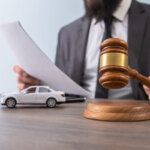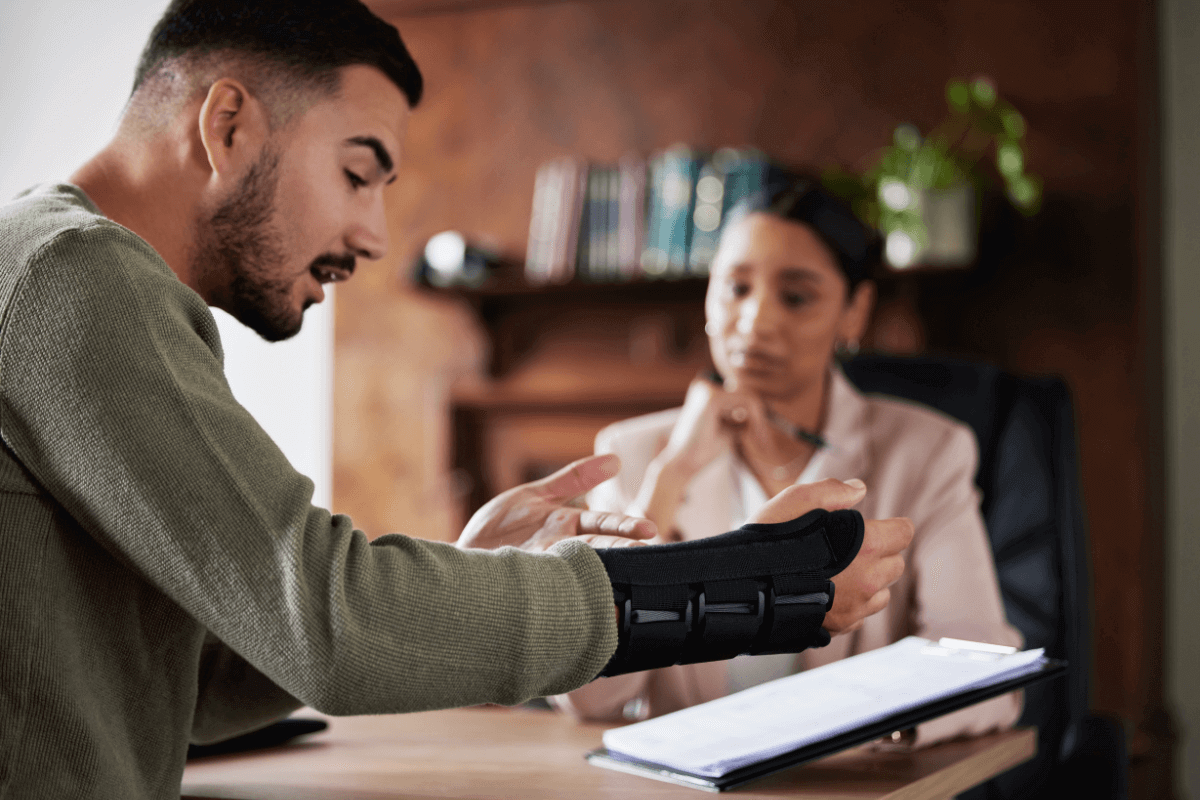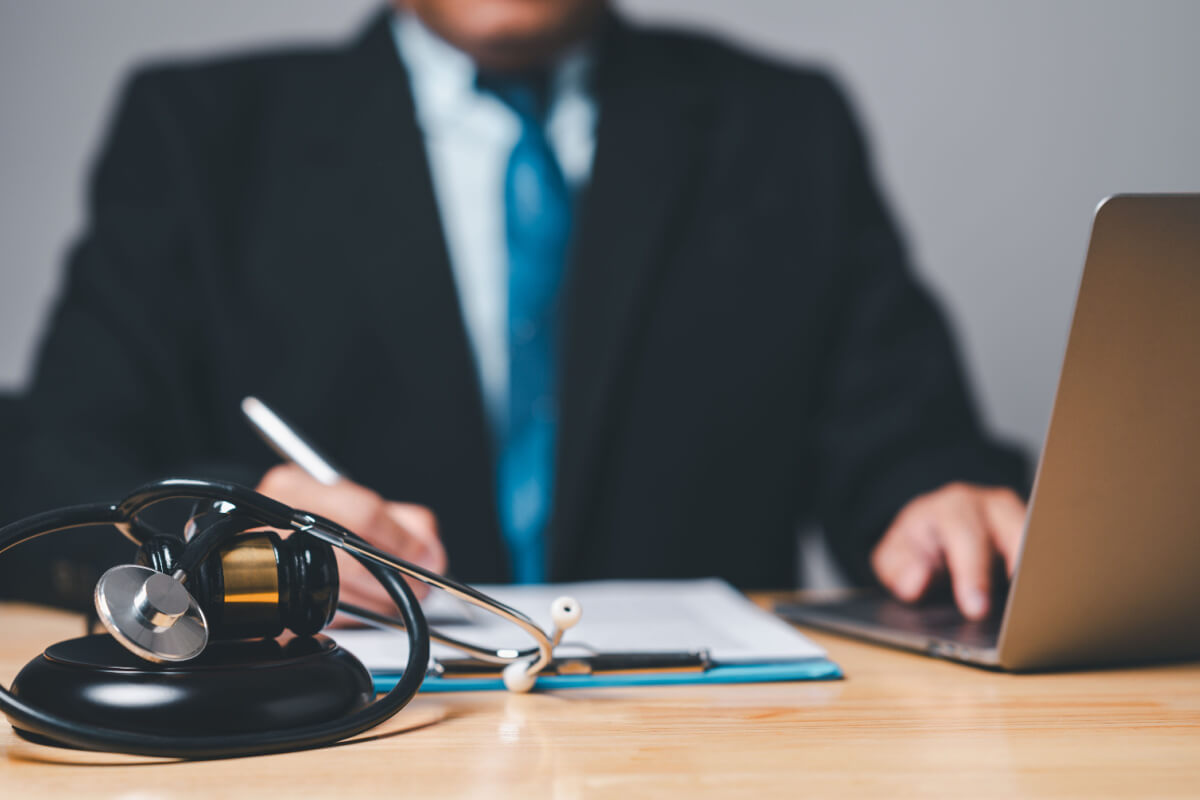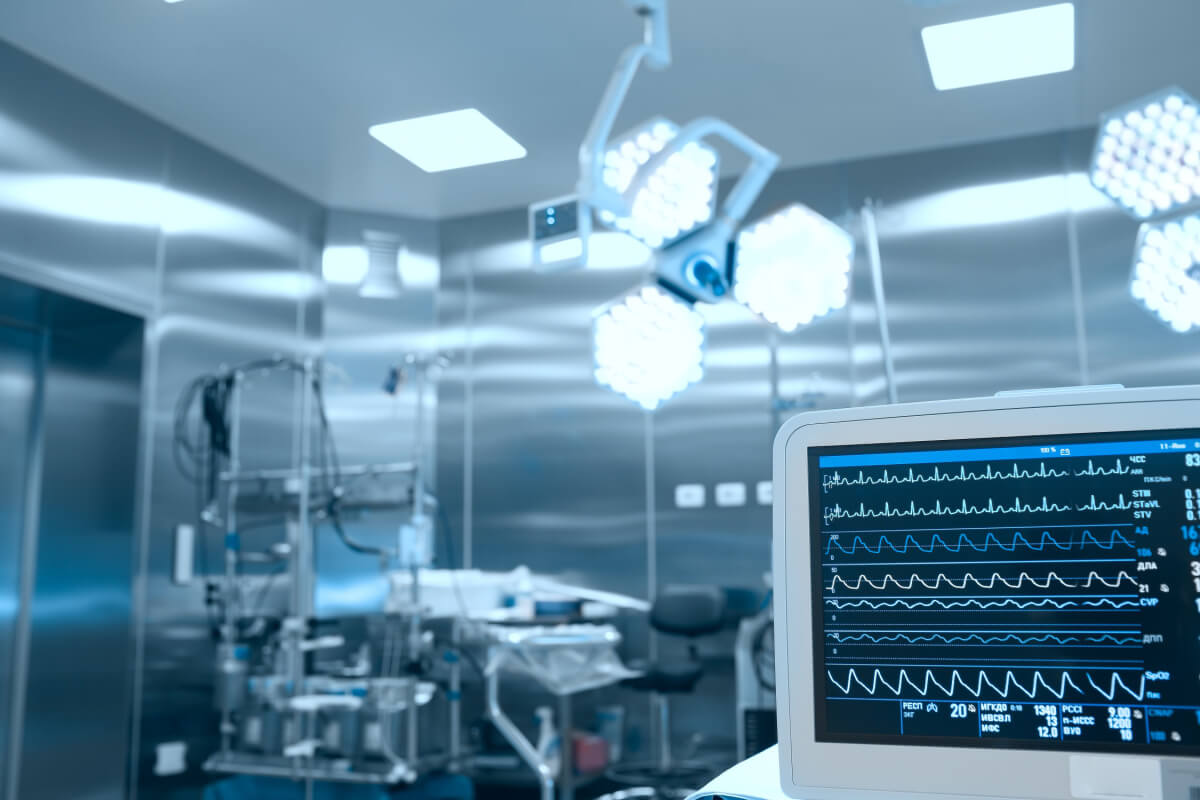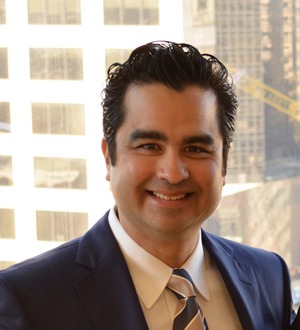
Partner at AKD Lawyers
Practice Areas: Personal Injury
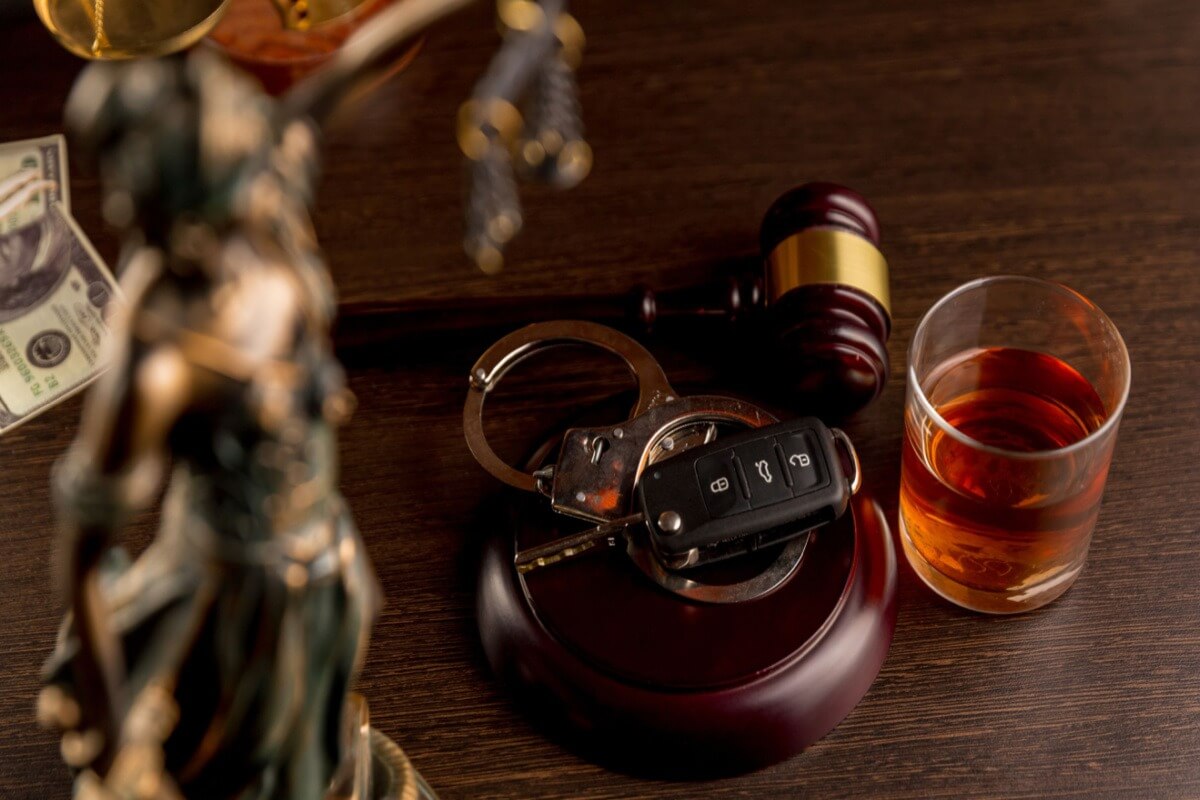
Accidents involving an intoxicated driver often leave people confused about how insurance coverage applies and what steps they should take to protect themselves. Many assume that insurance automatically pays for everything when the other driver was impaired. In reality, insurance companies still follow specific rules, and claims involving alcohol often bring extra challenges.
This guide explains how DUI accident insurance coverage works in Louisiana, how fault is determined, and what you can expect when filing an insurance claim after a drunk driving crash.
How Insurance Works After a DUI-Related Accident
When a driver causes a crash while under the influence, most auto insurance policies still provide liability coverage. Personal auto policies rarely exclude accidents caused by intoxication, which means the at-fault driver’s insurer is typically responsible for paying covered losses.
Insurance companies look at the details of the crash, the available evidence, and the policy limits. Even if the driver is arrested for DUI, insurers still evaluate whether the impaired driver caused the collision and how much coverage applies.
Many people do not realize that a DUI charge itself does not decide fault. Insurers still require proof linking the impaired driving to the crash. This is where documentation becomes important, because insurance disputes often come down to evidence, not assumptions.
“Most auto insurance policies do not exclude coverage simply because a driver was intoxicated at the time of the crash.”
Louisiana Rules on Fault and Liability in Drunk Driving Crashes
Louisiana uses a comparative fault system to determine responsibility in accident claims. Each party’s actions are reviewed to decide how much they contributed to the crash.
Under La. Civ. Code Art. 2323, fault can be shared between drivers. If the injured person is found partially responsible, compensation may be reduced based on that percentage.
This means even when a drunk driver is involved, insurers still examine whether any other factors influenced the crash, including speed, distraction, or road conditions.
“Louisiana’s comparative fault system (La. Civ. Code Art. 2323) allows multiple parties to share responsibility in an accident, even when one driver was legally intoxicated.”
Because civil liability and criminal DUI penalties are separate, insurance companies do not rely solely on a DUI arrest to determine civil fault. They still require proof that impaired driving caused or contributed to the crash.
What Evidence Helps Establish Fault in a DUI Accident
DUI-related crashes often involve more detailed investigations. Insurance companies want to understand how the accident happened, whether intoxication played a role, and what evidence supports the claim.
Important forms of documentation include:
- Police crash reports that describe the scene, statements, and officer observations
- BAC test results and field sobriety findings
- Photos of the vehicles, injuries, and roadway conditions
- Medical records showing injuries linked to the crash
Strong documentation helps avoid disputes over injuries, timing, or causation. Insurers may challenge claims that lack clear connections between the accident and the reported damages.
“Insurers often require clear evidence showing that intoxication directly contributed to the crash before accepting liability.”
Insurance Claim Denials and Common Challenges in DUI-Related Crashes
Insurance companies frequently examine DUI-related claims more closely. Even when impairment is obvious, they may still question parts of the claim.
Common reasons insurers delay or deny DUI accident claims include:
- Disputes about the severity of injuries
- Claims of partial fault
- Questions about pre-existing conditions
- Limited documentation supporting losses
Sometimes, the at-fault driver’s liability limits are not enough to cover medical costs, lost income, and property damage. In these situations, additional coverage may fill the gap.
“The majority of DUI accident-related insurance disputes arise from disagreements over causation, documentation, or injury severity.”
Uninsured Motorist (UM/UIM) and Other Coverage Options
If the impaired driver does not have enough insurance or has no insurance at all, your own policy may help. Louisiana requires insurers to obtain a written waiver if you decline UM coverage, which means many drivers still have it.
UM and UIM coverage can pay for medical bills, lost wages, and other losses when the at-fault driver’s coverage is insufficient. MedPay can also help with immediate medical costs regardless of fault.
Understanding how each coverage applies can give you a clearer picture of the available financial support.
Where Compensation May Come From After a DUI Accident
|
Coverage Type |
When It Applies |
What It May Cover |
| At-fault driver’s liability insurance | Impaired driver caused the crash | Medical bills, property damage, lost income |
| Uninsured/Underinsured Motorist | Driver has no insurance or low limits | Medical costs, lost wages, additional damages |
| MedPay or PIP | You hold the policy | Immediate medical expenses |
| Collision Coverage | Your vehicle is damaged | Vehicle repair or replacement |
| Health Insurance | After auto coverage is used | Remaining medical treatment |
What to Do After a DUI Accident: A Practical Roadmap
Accidents involving impaired drivers can be overwhelming, but taking the right steps early can help strengthen your insurance claim and avoid delays.
Consider these actions:
- Call 911 so officers can create a report and document signs of intoxication.
- Get medical care right away to record injuries linked to the crash.
- Collect any available evidence, such as photos, witness names, and notes.
- Notify your insurance company to preserve your policy rights.
“Uninsured motorist (UM/UIM) coverage in Louisiana can help when the at-fault driver lacks adequate insurance to cover resulting losses.”
Accurate and timely documentation gives insurers a clearer picture of what happened, which often leads to faster and more consistent claim decisions.
Frequently Asked Questions
Does a DUI conviction automatically make the impaired driver fully at fault?
No. A DUI conviction doesn’t automatically decide fault. Insurers still review evidence, driver behavior, and accident details to determine each party’s share of responsibility.
Can insurance deny a DUI accident claim even if the other driver was intoxicated?
Yes. Insurers may still deny or delay claims if evidence is unclear, injuries aren’t well documented, or they believe another factor contributed to the crash.
Does the impaired driver’s insurance have to pay for injuries and damage?
Usually yes, since most liability policies cover accidents involving intoxication. Payment depends on policy limits, documented losses, and clear proof the driver caused the crash.
How does UM or UIM coverage help after a drunk driving crash?
UM or UIM coverage fills gaps when the impaired driver lacks insurance or has low limits, helping pay medical bills and other accident-related losses.
Why are medical records important in DUI accident insurance claims?
Medical records link injuries to the accident, show severity, and help insurers confirm the timing and cause of harm, reducing disputes during the claim process.
Conclusion
Insurance usually covers DUI-related accidents, but the process often requires extra documentation, careful evidence review, and an understanding of how Louisiana’s comparative fault rules apply. Knowing how insurance companies evaluate these claims and how UM or UIM coverage works can help you make confident, informed decisions after a drunk driving crash.
If you need guidance with an insurance claim after a DUI accident, speaking with a New Orleans personal injury attorney at Alvendia, Kelly & Demarest Law Firm can help you understand your rights and next steps.
Schedule a free consultation to discuss your situation and get clarity on your available options.
Categories

In 2003, after being dissatisfied with the quality of legal care for victims of car accidents, Roderick ‘Rico’ Alvendia sought to establish a new firm focused on providing high-quality legal services to aid injured victims and their families. J. Bart Kelly, sharing Rico’s passion for upholding justice, joined the firm later that year, and established a partnership.




